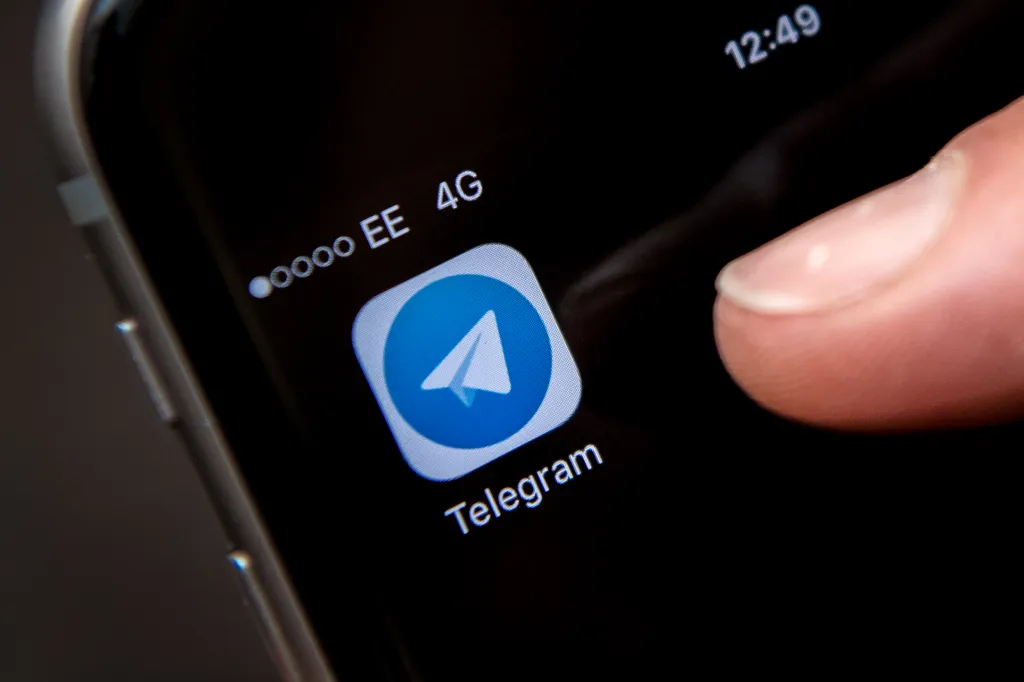Hackers are now moving beyond the dark web to leak sensitive data on public platforms like Telegram. A recent breach of Morocco’s Social Security Agency (CNSS) highlights this growing trend. The attacker, claiming retaliation for alleged digital harassment by Moroccan entities toward Algeria, posted an internal document on a public Telegram channel to prove the breach.
This act marks a shift from traditional ransomware tactics. Rather than seeking financial gain alone, the hacker issued a politically charged warning—hinting at further attacks if the “hostility” continues. The implication is clear: cyberattacks are becoming a tool for geopolitical posturing.
ALSO READ: Call for Cyber Experts: Join FCRF Academy as Trainers and Course Creators
Compromised Data Raises Privacy and Identity Theft Fears
Preliminary investigations into the breach reveal that the compromised dataset includes highly sensitive personal information. The data reportedly contains pension and insurance records of Moroccan citizens, especially those employed in labor-intensive and corporate sectors.
Cybersecurity experts warn that such leaks can fuel a cascade of threats including identity theft, phishing scams, and unauthorized access to financial services. Once on Telegram, the information becomes easily accessible to cybercriminals and fraudsters worldwide, magnifying the risks of secondary exploitation.
This event raises serious questions about the state of cybersecurity infrastructure within national institutions and whether adequate measures exist to protect citizens’ private data in the face of politically motivated cyber aggression.
Digital Fallout of Morocco-Algeria Rivalry Enters a New Phase
The Morocco-Algeria conflict over the Western Sahara territory has persisted for years. But with this breach, the rivalry appears to have evolved from diplomatic isolation and proxy narratives into open digital warfare. The hacker’s warning—framed as a response to perceived “online harassment”—could signal a new phase in bilateral tensions where cyberattacks are wielded not only as tools of disruption but also as propaganda.
There is growing speculation among intelligence analysts that the attacker may be linked to or backed by a state actor, potentially Algeria. If confirmed, the leak would represent a dangerous escalation in state-sponsored cyber operations and a blurring of lines between hacktivism and cyberwarfare.
This incident underscores how regional conflicts are now spilling over into cyberspace—and beyond covert forums. The use of Telegram to publicize sensitive data adds an element of psychological warfare, turning each cyberattack into a public spectacle with real-world consequences.


